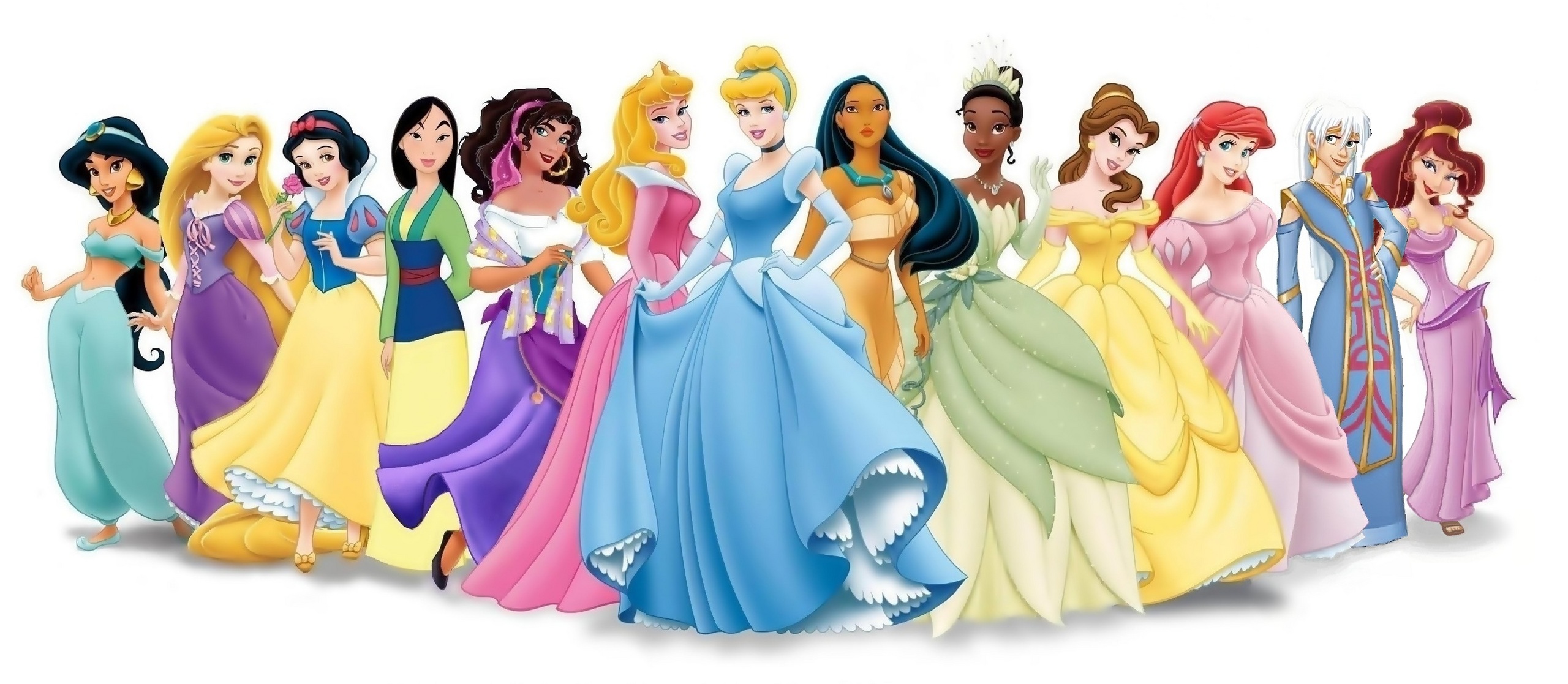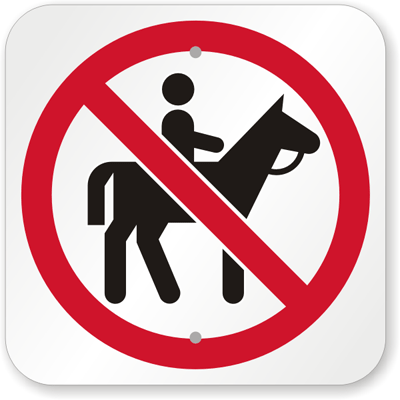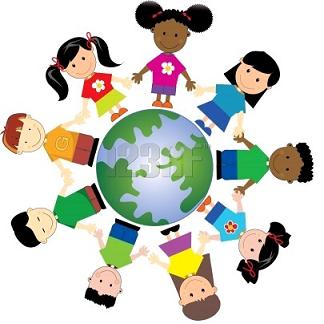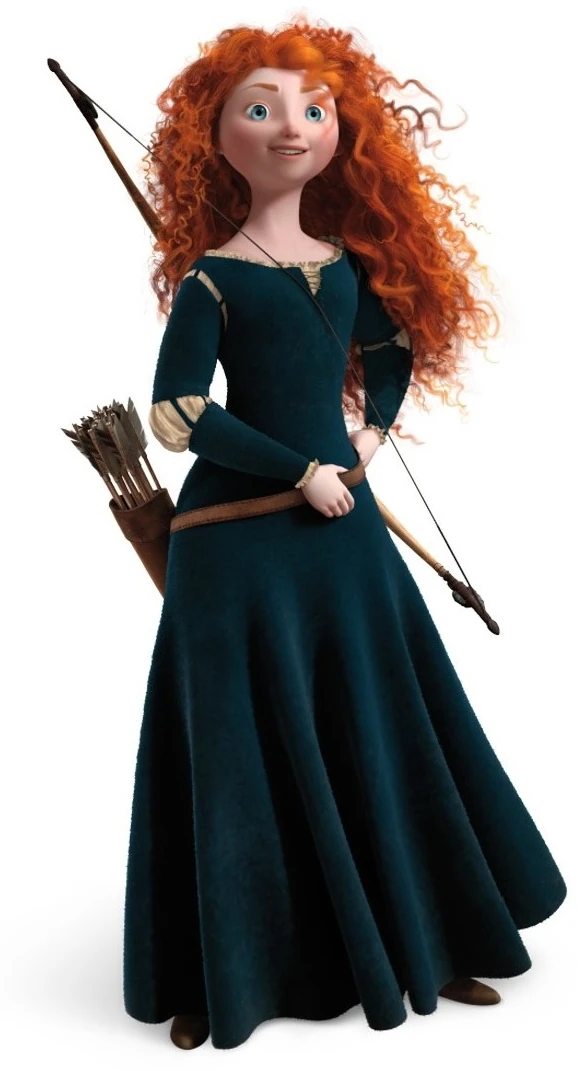Thursday, June 30, 2016
Wednesday, June 29, 2016
Helen Keller - Not Who She Seems
After reading a few of the articles in the Rethinking Schools book, I decided to write on the Helen Keller article, The Truth About Helen Keller. I made this decision because what is explained in the article is different from what I had learned. I knew that Helen Keller overcame being blind and deaf and learned to read and communicate. It was kind of shocking to learn about her involvement in the NAACP and ACLU in addition to all the other things she was involved in according to Ruth Shagoury. Helen Keller was more of an amazing woman than I thought. I think she was a determined, hard-working person because she didn't use her disability as an excuse not to learn to read and communicate. She attended college AND THEN became involved in many social justice issues. This to me makes her a powerful woman and maybe that is why the books about her do not include that information.
As I write this I think about all the other historical people that I learned about in school. I wonder how much of the information about them was not public knowledge at the time. It also makes me think about how much authors, organizations, and news media can twist stories in favor of what they want others to believe is true.
As I write this I think about all the other historical people that I learned about in school. I wonder how much of the information about them was not public knowledge at the time. It also makes me think about how much authors, organizations, and news media can twist stories in favor of what they want others to believe is true.
Tuesday, June 28, 2016
I was not raised in a Disney culture. I remember Mickey Mouse Club
but I am not aware of ever watching any princess movies if they were even available. After becoming a parent of three girls, we have watched all of the princess movies.
They were not girly girls at all and watched the movies strictly for entertainment. They understand that their happiness does not rest on a prince showing up on a white horse. When asked about that, Hannah said, "I feel that if someone rode up on a horse, I would run in the other direction." She does not like horses.
After a discussion based on the writing of Christensen, "Unlearning the Myths That Bind Us" my family noted that they never noticed any stereotyping of servants, townspeople, or other supporting characters in the shows based on color, race, ability, knowledge, or culture. They believe that the movies are for entertainment purposes. I'm not sure if that is a good thing or a bad thing. Maybe we should all be more aware of the stereotyping that occurs in these movies.
My family lives in a culturally diverse community and my children have many friends/acquaintances who are from other cultural backgrounds. My husband and I work in a multi-cultural urban school district where we are aware of these cultures and acknowledge the importance of the diversity of all people in the community. We also have a niece who is adopted from China and a best friend who is Egyptian and Muslim. I guess I do see differences in people on the surface but it doesn't affect the way I view them as people.
I watched Brave with my family: Kevin, Hannah 20, Emma 16. I asked them to share their views on the movie. We all agreed that Merida is not like the other princesses who wait for their Prince Charming. She is her own person who defends herself and what she feels is important to her happiness.
but I am not aware of ever watching any princess movies if they were even available. After becoming a parent of three girls, we have watched all of the princess movies.
They were not girly girls at all and watched the movies strictly for entertainment. They understand that their happiness does not rest on a prince showing up on a white horse. When asked about that, Hannah said, "I feel that if someone rode up on a horse, I would run in the other direction." She does not like horses.
After a discussion based on the writing of Christensen, "Unlearning the Myths That Bind Us" my family noted that they never noticed any stereotyping of servants, townspeople, or other supporting characters in the shows based on color, race, ability, knowledge, or culture. They believe that the movies are for entertainment purposes. I'm not sure if that is a good thing or a bad thing. Maybe we should all be more aware of the stereotyping that occurs in these movies.
My family lives in a culturally diverse community and my children have many friends/acquaintances who are from other cultural backgrounds. My husband and I work in a multi-cultural urban school district where we are aware of these cultures and acknowledge the importance of the diversity of all people in the community. We also have a niece who is adopted from China and a best friend who is Egyptian and Muslim. I guess I do see differences in people on the surface but it doesn't affect the way I view them as people.
I watched Brave with my family: Kevin, Hannah 20, Emma 16. I asked them to share their views on the movie. We all agreed that Merida is not like the other princesses who wait for their Prince Charming. She is her own person who defends herself and what she feels is important to her happiness.
Monday, June 27, 2016
Feeling like a "digital immigrant", I see how Prensky can label youth as "digital natives". They have the skills, the desires and drives, and time, and the fearlessness to jump in and learn all there is to know about technology.
But, while I read the chapter by Boyd I thought, "Wait a minute, there is a missing piece to this puzzle." Youth are not critical contributors just because they were born in an age of technology. They lack the skills to be knowledgeable critical thinkers when interacting with technology. Many youth have had the opportunities to become skilled in technology. They have the technology skills because they have time, desire, and fearlessness. I believe that if adults are given the same opportunities they will become skilled in technology as well and also have more critical thinking skills. The youth that do not have the same opportunities to work with technology lack the skills so they aren't digital natives just because they are born in the same age of technology.
Wesch makes a great point too about being able to work with the knowledge we have not just knowledgeable about a subject.
My opinion on the "digital native" terminology is more like that of Boyd. People aren't just natives because they are born in the age of technology. I believe it is something that can be achieved through experiences and knowledge about all the nuances involved in being technology savvy.
But, while I read the chapter by Boyd I thought, "Wait a minute, there is a missing piece to this puzzle." Youth are not critical contributors just because they were born in an age of technology. They lack the skills to be knowledgeable critical thinkers when interacting with technology. Many youth have had the opportunities to become skilled in technology. They have the technology skills because they have time, desire, and fearlessness. I believe that if adults are given the same opportunities they will become skilled in technology as well and also have more critical thinking skills. The youth that do not have the same opportunities to work with technology lack the skills so they aren't digital natives just because they are born in the same age of technology.
Wesch makes a great point too about being able to work with the knowledge we have not just knowledgeable about a subject.
My opinion on the "digital native" terminology is more like that of Boyd. People aren't just natives because they are born in the age of technology. I believe it is something that can be achieved through experiences and knowledge about all the nuances involved in being technology savvy.
Entering "immigrant" in digital world
As I begin this class on media literacy, I am beginning to realize that I am definitely an "entering immigrant" in the digital world.
Now I have a slight idea of how it feels for the majority of children in my class.
This class will give me the technology requirement for my Master's degree in TESL from Rhode Island College.
My name is Karen and I am a pre-k teacher at Capt. Hunt School in Central Falls. It is an amazing place to work!!!
I am now getting rested up for a new group of kiddos by spending time with my family and going to the beach.
And now I get to use my brand new paddle board.
I am currently sitting in a media literacy class at RIC and feel like an "immigrant" in a digital world. This class will be an overwhelming adventure but at the same time will take me out of my comfort zone to learn about what this all means for my pre-k children at work and myself and my family at home.
Subscribe to:
Posts (Atom)











